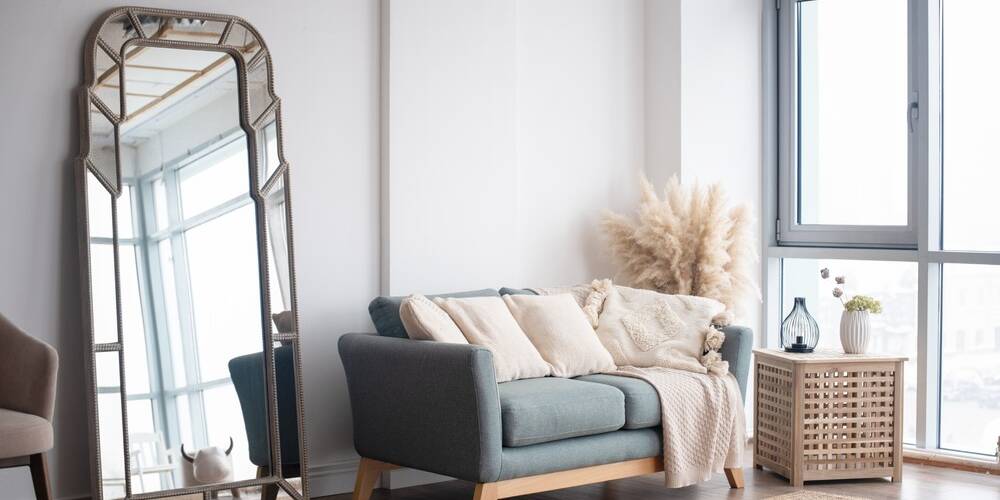The housing market has boomed significantly in the last two years, with property prices rising by more than 10% in the last 12 months alone. As such, first-time buyers continue to be priced out of properties — but there is an alternative approach to entering the housing market: the fixer-upper.
What’s a Fixer-Upper?
‘Fixer-upper’ is a colloquial term used to describe purchases that require a little TLC in order to reach their best possible value. A fixer-upper can be a passion project or a serious means of income, depending on your outlook and intentions. The term applies typically to vehicles such as cars and boats, and to residential property. Here, we’re naturally concerned with the latter definition.
A fixer-upper home is one that is likely to be in a state of disrepair when it appears on the housing market. They are often much cheaper than similar houses in their area as a result, reflecting the additional costs required to bring it up to code and back into shape. Getting a fixer-upper has its fair share of pros and cons, which can have different weight depending on your plans.
The Pros and Cons of Buying a Fixer-Upper
The Pros
The first major benefit of purchasing a fixer-upper home relates to your budget. Homes that have been renovated, or are otherwise well looked-after, will fetch a higher market price than homes that clearly require work doing. If you don’t mind having a little project on your hands, this can be a great way to get a larger or better-located house for your money.
It also follows that fixer-upper homes gain value when renovated — value which generally outstrips the initial costs of said renovations. This is how professional ‘house-flippers’ or property developers make a living. Provided you take out the right home renovation insurance to keep you covered in the event of a mistake, this can also be a strong way to ascend the property ladder, even for those with little renovation experience.
The Cons
Fixer-upper homes can be a bit of an unknown quantity. Without a clear picture of exactly what the home needs, you can find yourself throwing good money after bad. What may seem like small, cosmetic repairs could contain deeper structural issues, such as structural dampness or even subsidence.
Fixer-uppers can also make for an unpleasant living situation, especially if you’re attempting to pull the house together on a DIY basis. Jobs can drag out, and complications can occur, leading to you living in an effective building site for up to years at a time.
How to Find a Fixer-Upper Worth Your While
Finding a fixer-upper can be an intuitive process, but there is a rationale that should dictate your shortlisting of potential properties. The completed value should be a major factor for choosing a property to develop, with location a key part of the equation. The ideal fixer-upper is in a sought-after location, at a price at least 20 per cent below the ceiling price for the neighbourhood. If you can all-but guarantee your work on the house will take it to the ceiling price, you’re on to a winner.




